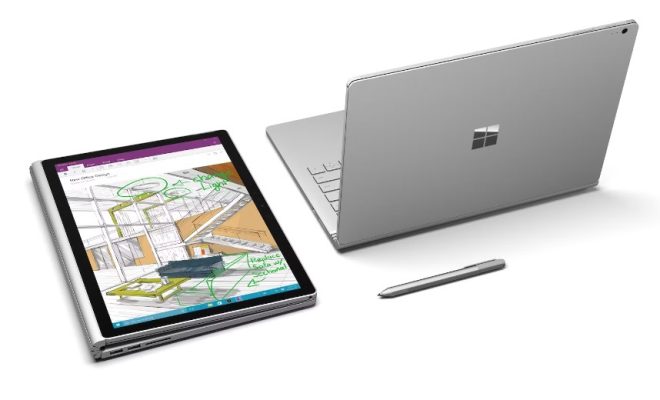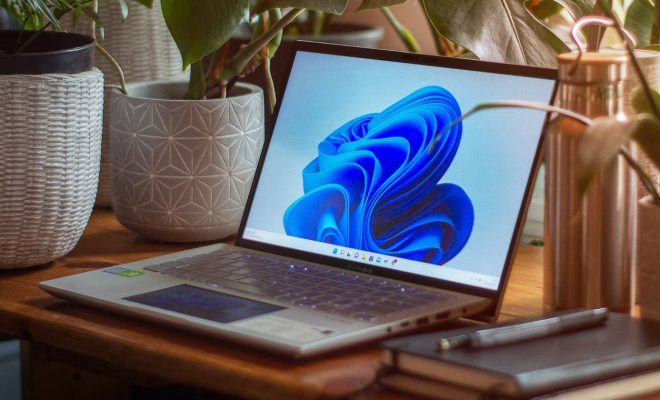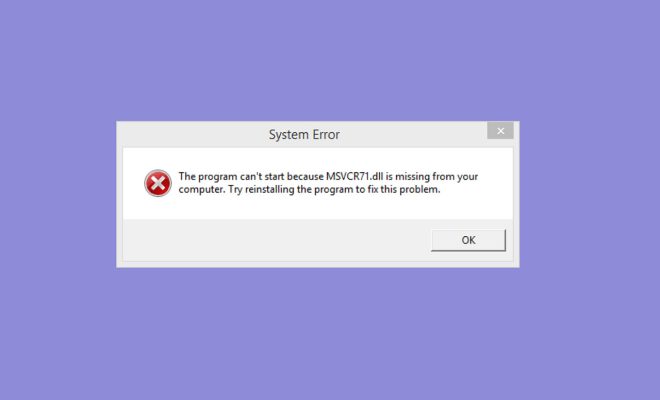Should You Buy a Touchscreen Laptop? 5 Pros and Cons

In recent years, touchscreen laptops have become increasingly popular, as consumers seek out devices that are both portable and flexible. However, many potential buyers may be wondering whether investing in a touchscreen laptop is worth the cost. In this article, we’ll take a look at some of the pros and cons of owning a touchscreen laptop, so you can decide whether it’s the right choice for you.
Pros:
- Increased Flexibility
One of the greatest benefits of a touchscreen laptop is the increased flexibility it provides. With a touchscreen, you can use your device as both a traditional laptop and a tablet, switching between modes as needed. This makes it an ideal choice for students, business travelers, or anyone who is always on the go.
- Improved Productivity
A touchscreen laptop can also help improve your productivity by allowing you to work faster and more efficiently. With a touchscreen, you can quickly and easily navigate between different programs and applications, making it easier to multitask and get more done in less time.
- Enhanced Creativity
Touchscreen laptops are also ideal for creative professionals who need to use design software or work with multimedia. With a touchscreen, you can use your device to draw, paint, or edit photos and videos, creating more detailed and precise work.
- Better User Experience
A touchscreen laptop provides a more interactive and intuitive user experience. You can use natural hand gestures to navigate your device, making it easier to access your files and settings. This can help reduce the learning curve for new users, making it a great device for those who are less tech-savvy.
- Increased Fun
Finally, a touchscreen laptop can simply be more fun to use. With a touchscreen, you can play games, watch videos, and explore apps in a more immersive and engaging way.
Cons:
- More Expensive
Touchscreen laptops can be more expensive than traditional laptops due to the added cost of the touchscreen technology. Depending on your budget, this cost may be prohibitive.
- Reduced Battery Life
A touchscreen laptop also tends to have reduced battery life compared to a traditional laptop. This is because the touchscreen requires more power to operate, which can drain the battery more quickly.
- More Fragile
A touchscreen laptop can be more fragile than a traditional laptop. The screen is more vulnerable to cracks and damage, which can be costly to repair or replace.
- Not Ideal for Typing
While a touchscreen laptop is great for navigating and interacting with your device, it may not be the best choice for typing. The touchscreen keyboard can be less ergonomic and less efficient than a physical keyboard.
- Limited Applications
Finally, some traditional programs and applications may not be optimized for touchscreen use, which can limit your options when using your device.





